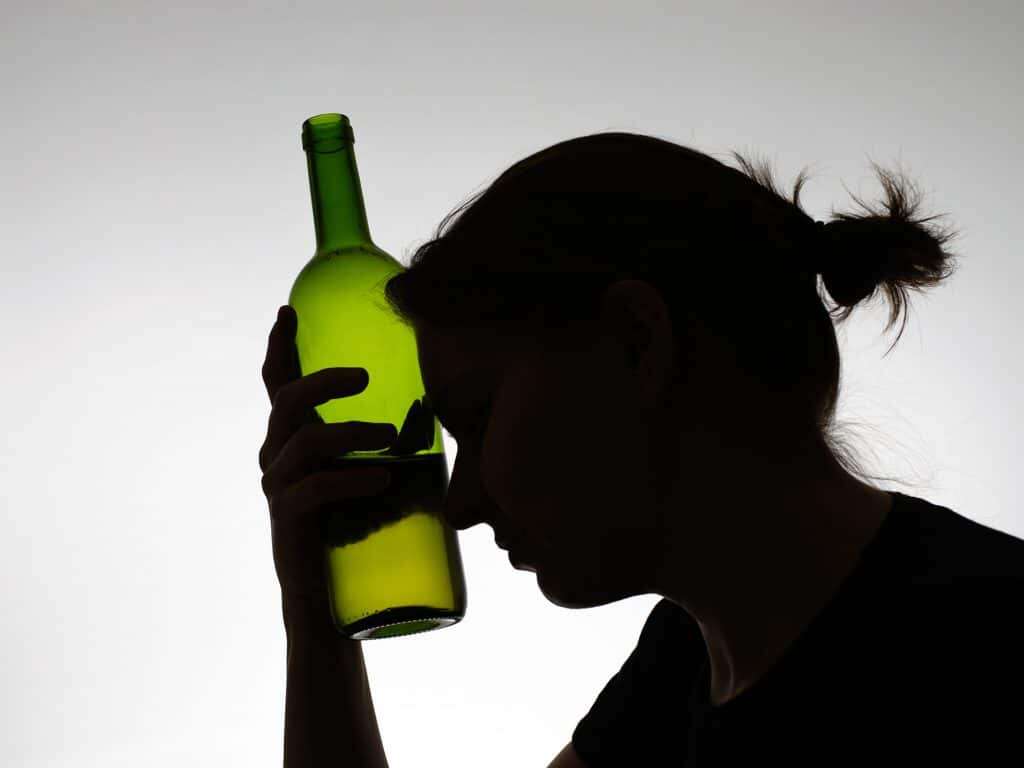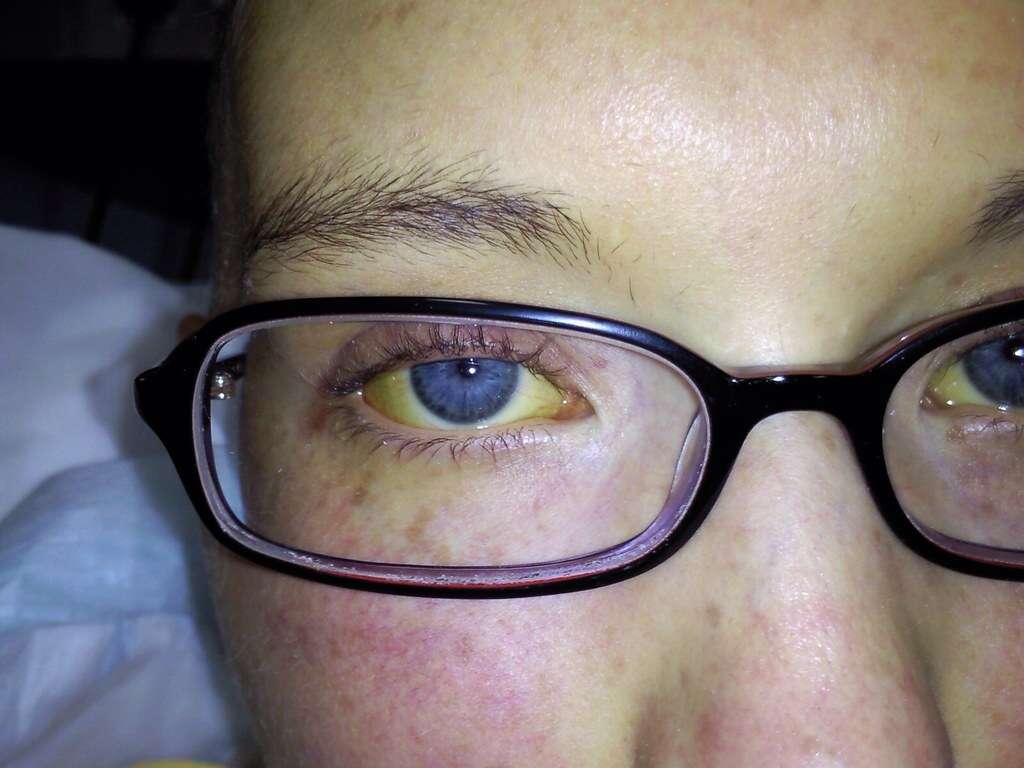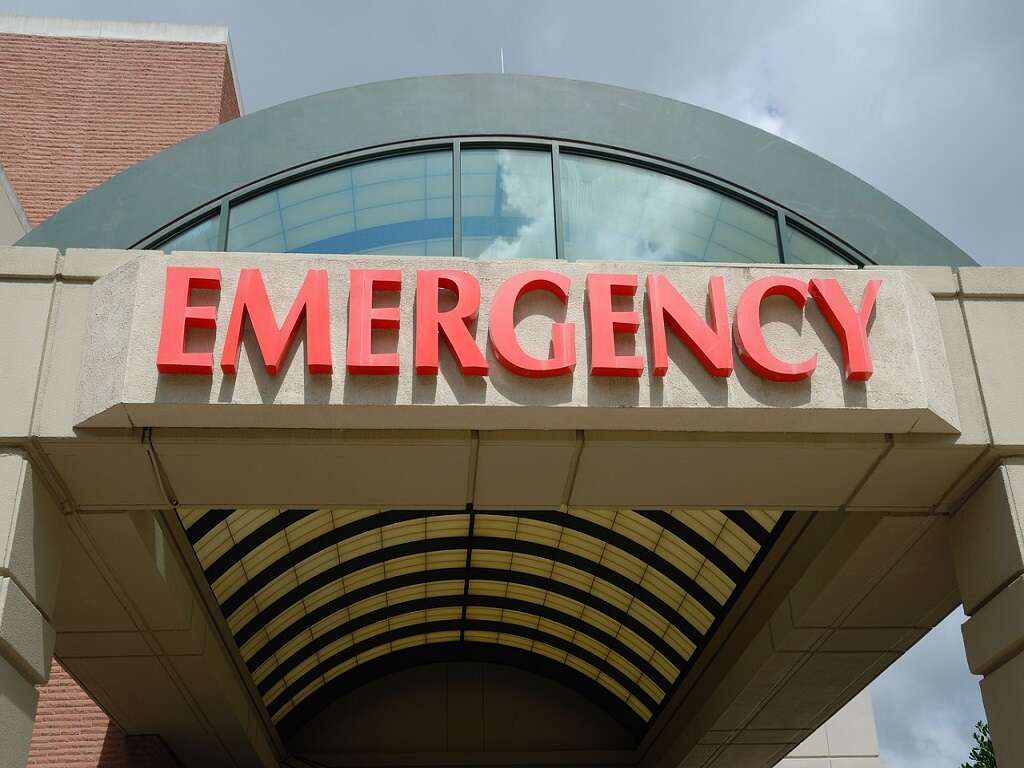10 Alcohol Poisoning Symptoms
2. Vomiting
Vomiting or emesis refers to the expulsion of gastrointestinal contents through the mouth and nose. It is a non-specific symptom that can be associated with many conditions, or triggered by events in our surroundings. Vomiting is usually involuntary, forceful and it can be preceded by nausea. Similar to nausea, emesis can be a consequence of the accumulation of toxic byproducts of ethanol in the blood and several alcohol-induced gastrointestinal and metabolic conditions. In binge drinking, symptoms like nausea and vomiting can start at a blood alcohol level (BAC)of ≥ 0 .20% for most people. However, some people may even experience these symptoms at lower BACs.
Vomiting is common with moderate or severe ethanol intoxication; thus, it can be accompanied by symptoms of central nervous system depression. Hence, the intoxicated person, may exhibit alterations of their mental status (i.e. disorientation) and eventually enter into a pathological state of sleepiness and unresponsiveness. Alcohol also weakens the gag reflex; thus, putting someone in this neurologic state at risk of aspirating and choking on their vomit. Furthermore, prolonged vomiting can result in dehydration, which can lead to low blood pressure and electrolyte abnormalities. If you suspect that someone has alcohol poisoning, call for medical attention immediately. While you wait for help, if the person is vomiting and unconscious, be sure to roll them onto one side to prevent choking.
Advertisement












